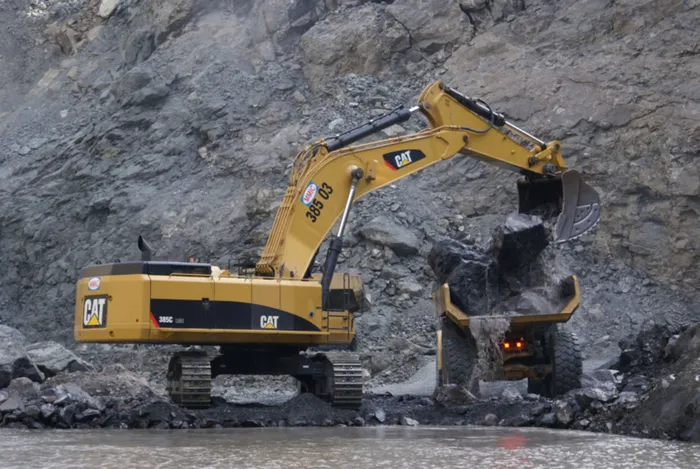
This episode also underscores the importance of maintaining trust and integrity throughout the negotiation process. M&A is not just a financial exercise; it’s a test of alignment between parties, of communication under pressure, and of the ability to anticipate potential points of contention before they escalate.
Image: Supplied
The recent developments in the R23 billion Barloworld takeover offer valuable lessons for dealmakers and corporate leaders alike.
The ruling by the Takeover Regulation Panel (TRP) requiring Newco - the consortium led by Gulf Falcon Holding of Saudi Arabia’s Zahid Group and Entsha Holdings - to pay shareholders the full R120 per share initially offered, rather than the adjusted post-dividend R118.80, has turned what seemed a procedural matter into a cautionary tale for the M&A community.
At one level, the issue appears minor: a question of whether the interim dividend of R1.20 should have reduced the final payout.
Yet the consequences are anything but small, adding roughly R225 million to the deal’s final cost and introducing reputational and timing risks at a critical juncture. It serves as a stark reminder that in transactions of this scale, even the smallest oversight can have material implications.
In our experience advising on complex acquisitions, such disputes often stem from a lack of absolute clarity during the drafting phase.
Assumptions - whether about dividends, earn-outs or closing conditions - can be perilous. Parties under pressure to conclude deals may overlook or understate these details, only for them to re-emerge later as costly complications. The TRP’s decision reinforces the principle that what is written, not what is intended, ultimately governs.
This episode also underscores the importance of maintaining trust and integrity throughout the negotiation process.
M&A is not just a financial exercise; it’s a test of alignment between parties, of communication under pressure, and of the ability to anticipate potential points of contention before they escalate. Regulatory bodies like the TRP exist to uphold fairness, but ideally, best practice should pre-empt the need for intervention.
For South Africa’s corporate sector, particularly as international investors engage more deeply with local industries, the Barloworld case should serve as both a warning and a guide.
Deals of this magnitude demand rigorous due diligence, meticulous drafting and transparent stakeholder engagement. In today’s environment, where speed and complexity often collide, the value of careful advisory oversight cannot be overstated.
Every clause matters. Every assumption should be tested. And every deal, no matter how certain, deserves scrutiny to safeguard value and reputation.
Andrew Bahlmann, Chief Executive Corporate & Advisory, Deal Leaders International.

Andrew Bahlmann, chief executive Corporate and Advisory, Deal Leaders International. Supplied.
Image: File.
BUSINESS REPORT